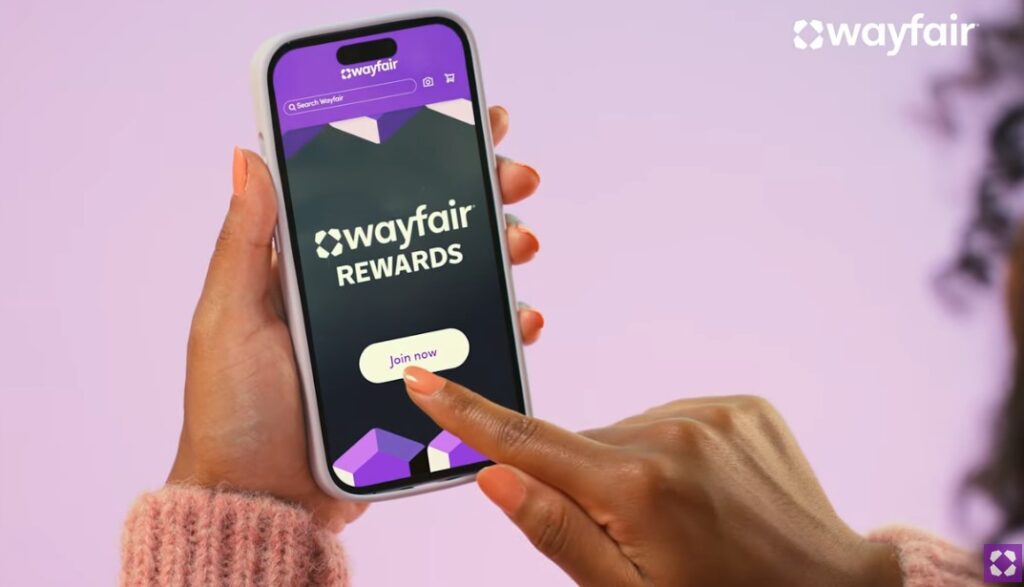 If you thought Millennials were a disruptive generation, wait until you get to know Gen Z. The oldest Gen Zers were only born in 1995, but don’t be deceived by their youth. This increasingly empowered cohort is two billion strong worldwide, makes up 26% of the US population, already has $44 billion in purchasing power and is the most racially and ethnically diverse generation in US history. That’s why CMOS need to understand and partner with these youthful powerhouses—and quickly.
If you thought Millennials were a disruptive generation, wait until you get to know Gen Z. The oldest Gen Zers were only born in 1995, but don’t be deceived by their youth. This increasingly empowered cohort is two billion strong worldwide, makes up 26% of the US population, already has $44 billion in purchasing power and is the most racially and ethnically diverse generation in US history. That’s why CMOS need to understand and partner with these youthful powerhouses—and quickly.
The team at C Space recently organized an interactive session called Gen Z and the Future of Money. We hosted 27 Gen Zers (ages 13-20) and various executives from the banking, retail, electronics, and apparel industries. Our goal? Have executives work side-by-side with Gen Zers to get inspiration for new ways of thinking about the future. In the process, these Gen Zers shared some essential truths about and how they approach money, purchasing, decision making and how they choose to define themselves.
CMOs, take note: Gen Z is not simply a younger generation of Millennials and the way you interact with them needs to reflect this. Here’s what Gen Zers want you to know about them:
- They’re Voracious Consumers of Information
Gen Z may be young, but they are keen and inquisitive about the world in which they live. Why shouldn’t they be? After all, this crew of curious kids has always known “Google” to be a verb. As Becky M., 15, puts it, her life motto is “Google it.”
With mountains of facts and data at their fingertips, Gen Zers feel empowered to make good decisions. “People have no excuse with the mass of information out there…to not feel a certain sense of responsibility with their money and their choices,” said Hazma B., 20. It is this mentality that makes Gen Zers fiercely independent and it helps them to make informed purchase decisions. These teens know the importance of doing their research before making a purchase. They want brands to understand this desire and serve them in a transparent and responsible way.
- They Are Pragmatic
Another important thing for CMOs to understand is that Gen Zers are realists. That, in turn, makes them a relatively responsible group. They grew up with an understanding that from a financial perspective, things can change in an instant. Just take the financial collapse of ’08—the bulk of them were on the brink of teenage-hood and they may have seen their families directly impacted. They were there to witness the distress of unemployed parents, older siblings coming back home to live post-college and perhaps the depletion of their own college funds—something they knew their parents may have worked hard to save for years prior.
The hovering reality and concern of potential financial hardships makes this group is more careful with their money. They are constantly weighing the practicality of material purchases and will heavily research products during various stages of the buying process to find the best market value. To them, shopping is something that needs to be taken seriously. You won’t find this group making random, on-the-fly purchases.
- They Know When to Disconnect
While they may be tech-enabled, Gen Zers do not see themselves as “digital natives” and sometimes seek ways to actually disengage from technology when they can. Technology is a huge part of the way they live their lives, but they aren’t numb from their interactions with technology as so many criticize them for being.
For them, shopping is not an impersonal experience and they place tremendous value on their purchase decisions. While they do shop online, Gen Z also appreciates brick and mortar stores where their shopping experience can be tactile and social. They like to be able to touch and feel items and speak to experts when they need help. At the same time, for non- brick and mortar purchases, Gen Zers will turn to the technology at hand (social media, Internet, apps) to read or hear opinions from real and trusted sources.
- They Value Experiences Over Material Goods
We have an indication of how Gen Zers make purchases and how they approach money, but CMOs need to be keyed into what they are buying as well. Angelika Z., 19, brought up an interesting point, “something I can buy in a store doesn’t have as much value as a concert that I go to with my friends or a show I go to with my parents or grandparents.” This generation values experiences, specifically shared ones. Just think of the way they use social media—it’s often a platform for showing other people their experiences.
Ultimately, what we’ve heard from Gen Z is that they expect brands to not only understand them but to create products and experiences that fit seamlessly into their lives. Gen Z is here. Are you ready?
Amanda Fraga is the director of strategy, insights and innovation at C Space.


 Network
Network

